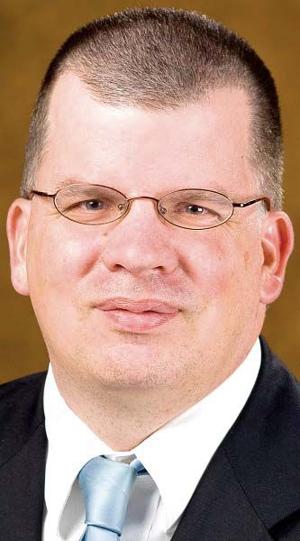Written by Dr. Richard H. Linton, Dean of the College of Agriculture and Life Sciences at North Carolina State University.
.jpg)
We recently welcomed the families and friends of nearly 650 College of Agriculture and Life Sciences (CALS) students to campus for graduation ceremonies. These undergraduate, graduate and Agricultural Institute students will go on to pursue all sorts of careers — scientist, farmer, industry leader, doctor, elected official – joining thousands of other CALS alumni working to transform challenges into opportunities.
It’s through events like graduation that we are reminded of the tremendous impact of NC State’s land-grant charter – to teach, conduct cutting-edge research, and to extend science-based solutions to the people of our state. We are here for North Carolina.
Our work in the classroom, labs and 18 research stations across the state helps farmers cultivate more productive, more profitable businesses. We are working with government and industry to grow the state’s food manufacturing economy – from seed to supermarket – in our own backyard. We are engaging families and communities to connect them to where their food comes from and teaching them about healthy choices. And most important, we are preparing our youth to fill the state’s need for a knowledgeable, prepared workforce.
What we Think and Do helps grow North Carolina.
State Leader Engagement
To increase awareness among state leaders of the many ways NC State and CALS are improving North Carolina, especially in our rural communities, we have launched a statewide educational campaign we are calling We Grow NC. You can discover more at WeGrowNC.ncsu.edu.
The campaign includes a series of television and radio public service announcements built around five strategic themes: We Grow Opportunities; We Grow Solutions; We Grow Communities; We Grow Economies; We Grow Talent.
Radio and TV spots will be airing through November on local TV and radio stations across the state, emphasizing how we help grow local economies, create new opportunities and help rural students find their path to NC State. We are also elevating NC State Extension’s role in providing research-based solutions to local challenges.
Promoting Partnerships
We Grow NC will also include public events and activities to encourage and acknowledge our partnerships with business and community leaders in all 100 counties. These partnerships fuel the creation of economic and intellectual prosperity from Murphy to Manteo. As always, we want to work with our alumni, friends and partners to help make North Carolina better, and we hope this campaign identifies new partnership opportunities.
You can help. Let us know how we can help grow your corner of the state. Visit WeGrowNC.ncsu.edu and also sign up to receive CALS news and event updates every week.
We are proud of our land-grant mission and proud to serve North Carolina. Thanks for your continued support and assistance in educating members of your community that how together, We Grow NC.
Let’s get to work. Go Pack!
Dr. Richard H. Linton is dean of the College of Agriculture and Life Sciences at NC State University. Before this role, Linton served as department chair of Food Science and Technology at the Ohio State University (2011-2012), and as a faculty member of the Department of Food Science at Purdue University (1994-2011). While at Purdue University, Linton also served as the director (and founder) of the Center for Food Safety Engineering and as the associate director of Agricultural Research Programs.
As dean of the College of Agriculture and Life Sciences, Linton leads a college of more than 290 faculty housed in 12 different departments, more than 2,800 undergraduate students, 2,450 in four year degree programs and 350 in the Agricultural Institute’s two year degree programs, and more than 1,000 graduate students. Under his direction, the college has developed a new strategic plan that focuses on building people, programs, and partnerships. Collaboration with industry and government is critical to the mission of the college, and Linton’s dedication is demonstrated through the Plant Sciences Initiative and the Food Processing and Manufacturing Initiative, two endeavors that have the potential to create jobs, find solutions to global challenges in agriculture and foster support for local growers.
Linton earned a bachelor’s degree in biology, a master’s degree in food science, and a doctorate in food science from Virginia Polytechnic Institute and State University.

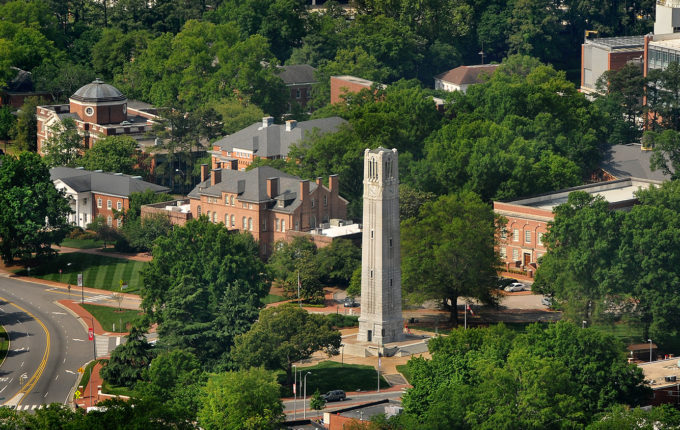

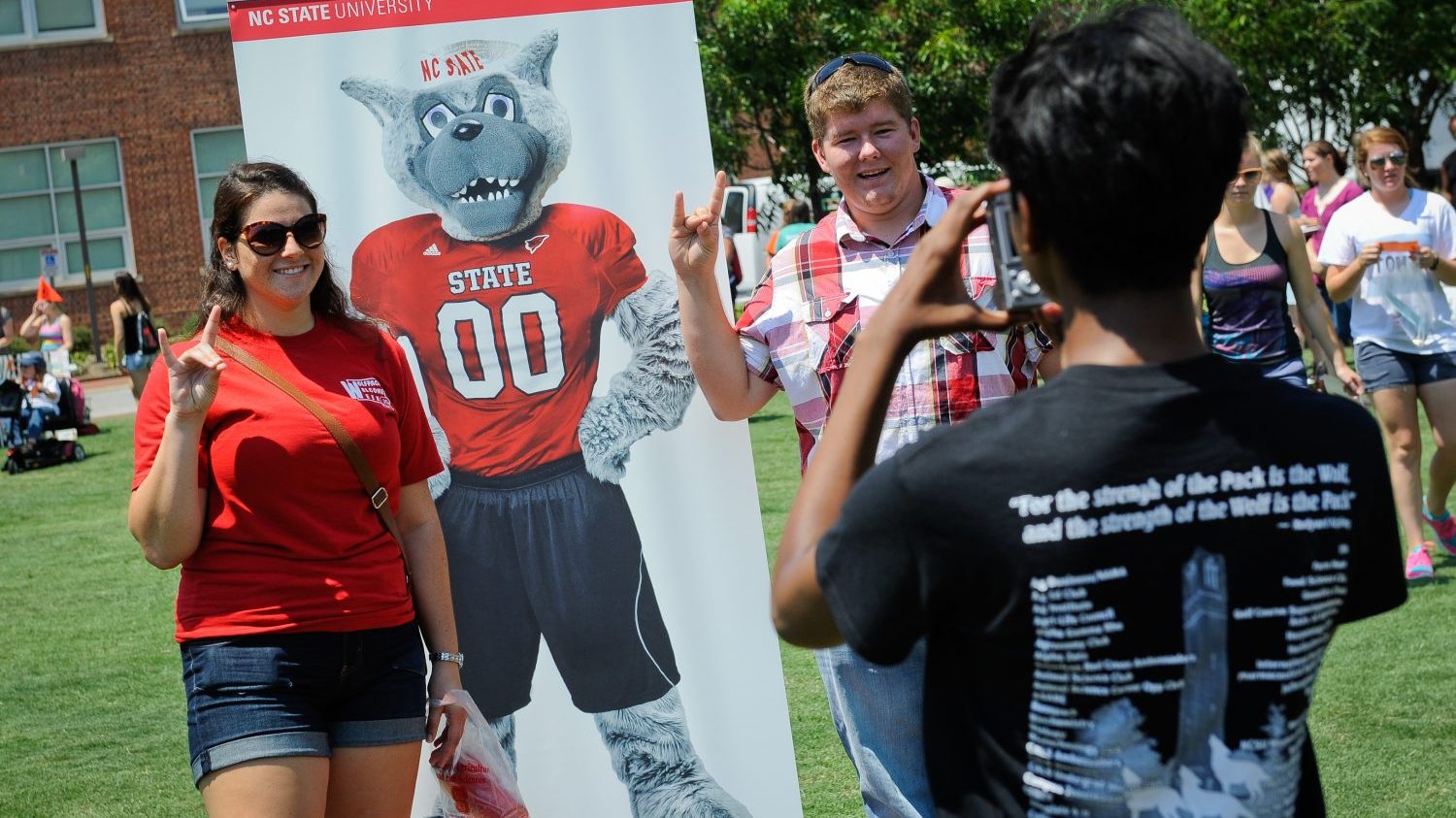
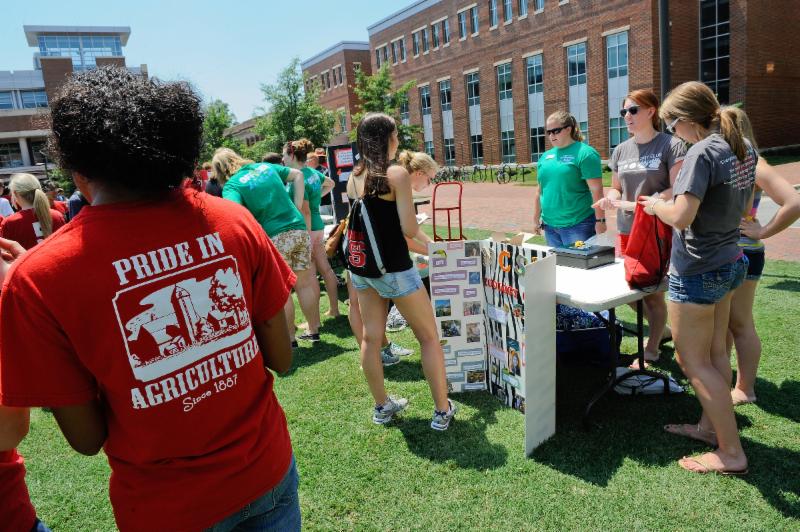
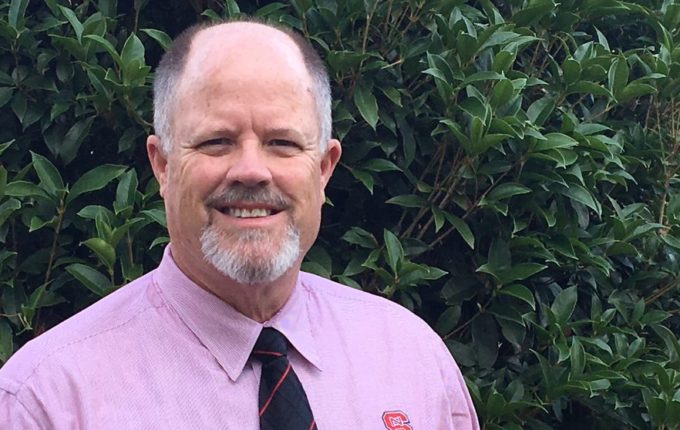
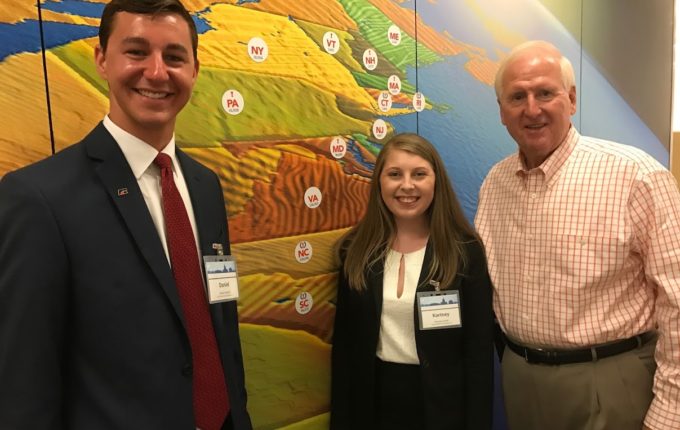
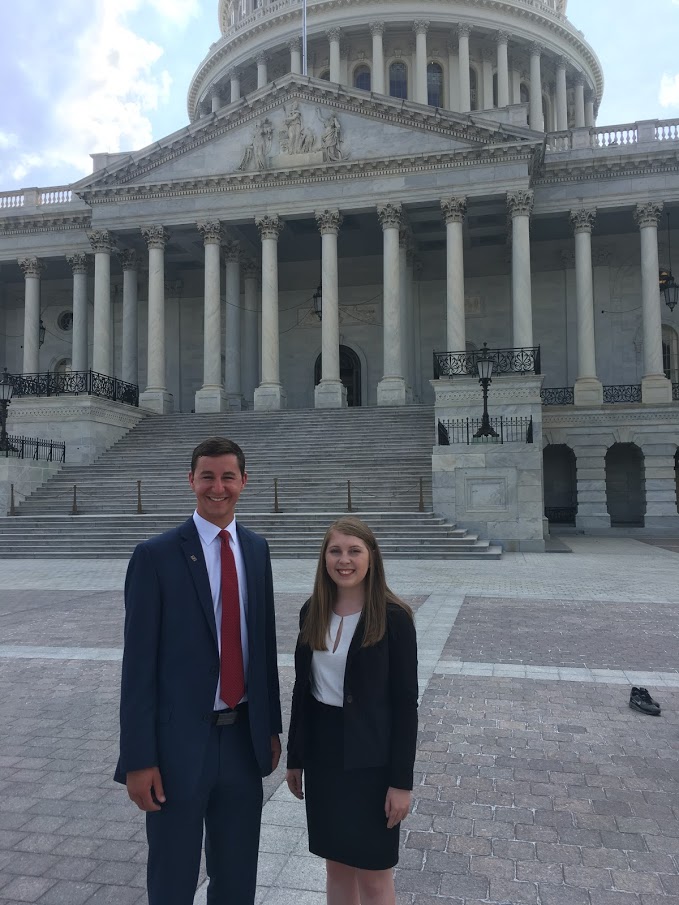
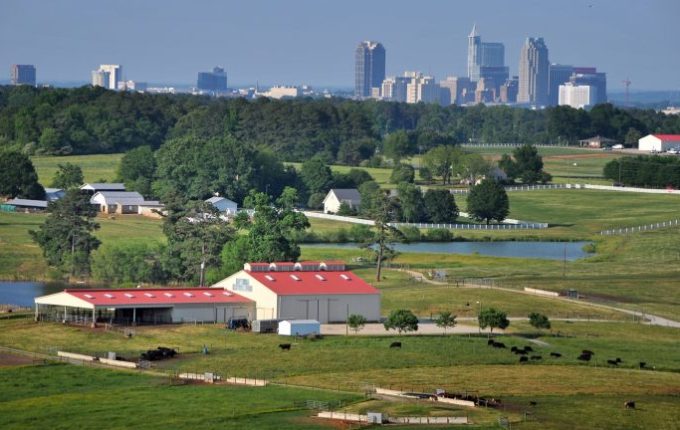
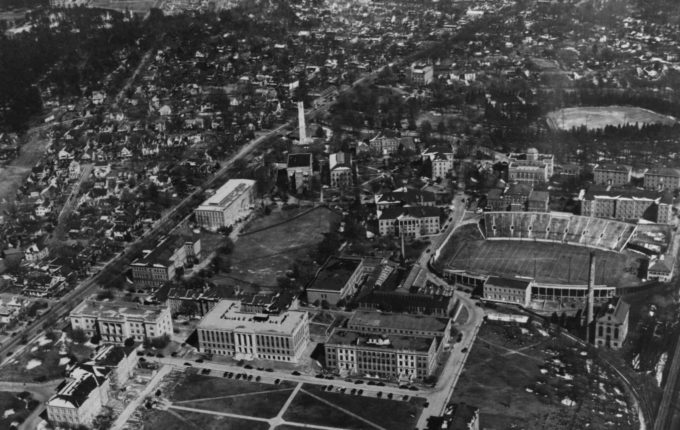
 This Saturday, November 19 at Carter-Finley Stadium, the Wolfpack not only play host to the Miami Hurricanes, but we will also be celebrating our 4th annual Ag Day, a time to recognize the many contributions that agriculture and our farmers make to our state. Agriculture built North Carolina, and people around the world depend on what’s raised and grown right here at home.
This Saturday, November 19 at Carter-Finley Stadium, the Wolfpack not only play host to the Miami Hurricanes, but we will also be celebrating our 4th annual Ag Day, a time to recognize the many contributions that agriculture and our farmers make to our state. Agriculture built North Carolina, and people around the world depend on what’s raised and grown right here at home.